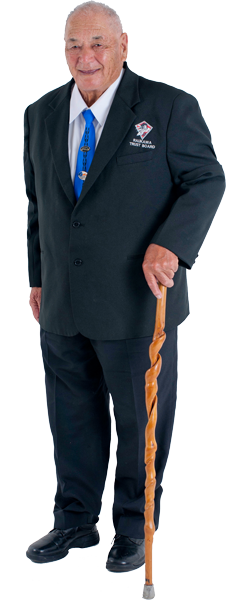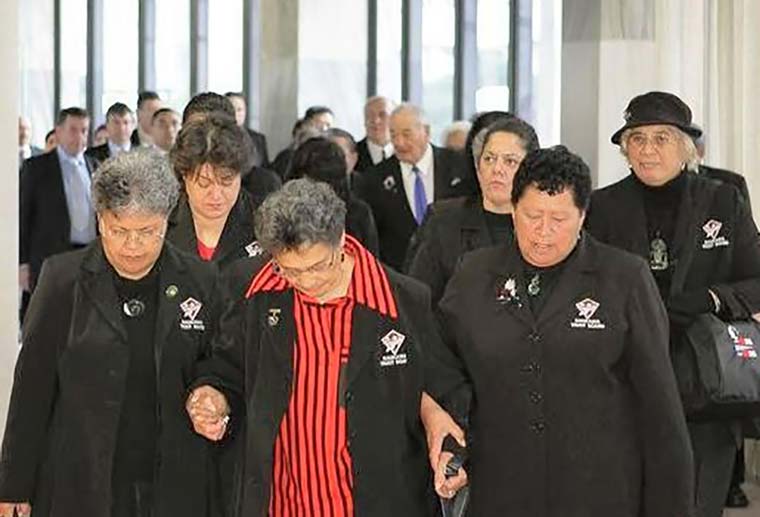My koroua would say, ‘with each success, comes greater expectation for more.’ This was the situation that Raukawa found ourselves in. Throughout the settlement process, we identified and implemented, a support system to assist our own uri members in their understanding and decision making of what our settlement is and what it is not. Secondly, that support system was offered within the wider community who also held varied views about our settlement.
Prior to receiving assets and redress from the settlement the Raukawa Treaty team was very small. But as we delved deeper into researching the history of the iwi, the call went out to our people for help to grow our capacity and the response was amazing. Up to 70 whānau members heeded the call and voluntarily came in to help with the Native Land Court transcription project. There is a saying ‘Ahakoa he iti, he pounamu’. No matter how big or how small their contribution was to the project, it helped us to achieve our amazing outcomes. So some whānau members worked with us for a day, others stayed on for months constantly trolling through the minute books for references to the iwi, to our whenua and to our tūpuna who either gave evidence or were mentioned in evidence. The result of this project was the transcribing of literally, thousands upon thousands of pages of Native Land Court minutes. The production of those transcripts went on to form the basis of 16 comprehensive research reports about the iwi and Crown engagement that described significant breaches of the Treaty by the Crown.
As a team, it was our responsibility to make sure that all our uri members were informed and updated at each stage of our negotiations whilst working towards our settlement. By doing this our people made their best informed decisions. Amongst some of our uri members there were questions posed like ‘What was in this settlement for me and how will I benefit?’ With questions like these we often referred to the wisdom of our kaumātua, Hori Deane, Jimmy Clair, Toiamoko Manaia, Haki Thompson, Mac Winika, Huirama Te Hiko, Lorna Pope, Kahu Te Hiko, Ruthana Begbie and many others.
Their response was simple and clear. They said that we were all one whānau, one people and that no matter where we lived in the takiwā, we all would share equally in the settlement. It was from this that the team drew upon the notion that ‘no Raukawa uri will receive any more or less from the Treaty settlement than any other Raukawa uri member’. This was a view that we normalised amongst the iwi during our mandating and ratification phases of the process and it was how we managed to hold all our redress assets together in a holistic way, to create a commonwealth for the iwi.

